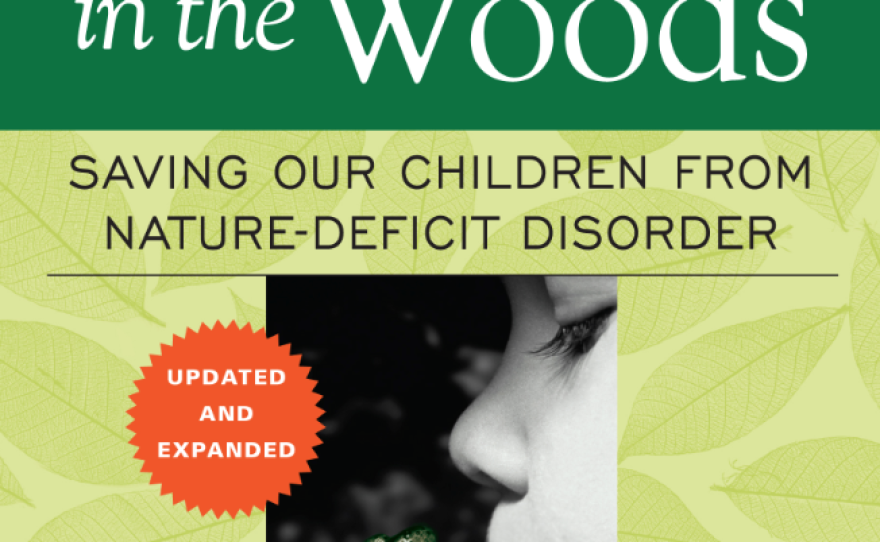
Delegates from 200 nations around the world have gathered in Doha, Qatar for the International Climate Change Summit. It's expected to be a difficult meeting, especially as developed and developing nations spar over extending the Kyoto Protocols to reduce greenhouse gas emissions.
Although the effects of climate change are becoming more apparent, from ice melts in the Arctic to the frequency of extreme weather events around the world, the resolve of nations to find ways to mitigate climate change seems to have stalled.
San Diego author Richard Louv tells KPBS one reason could be that the very people who should be agitating for solutions don't even know what the problem is because of their disconnect from the natural world.
He calls the idea "youth's nature deficit disorder."
"More than ever in history, children are disconnected from the natural world," he told KPBS. "They don't go outside much, they're on video games, they're on computers a lot, it's more and more a virtual world that they're familiar with."
He said children are also afraid of nature because we tell them repeatedly "the end is near."
"It's all about recycling, it's not about the joy of nature, it's about how we're destroying nature," he said.
The other reason youth aren't taking up the fight against climate change, he said, is because of environmentalism and journalism.
He said environmental studies students told him they have no connection to the big environmental organizations because "they're all old."
Louv said a "very hip young woman"--he knew she was hip because she had tatoos-- told him why she doesn't fight against climate change.
"All my life, I've been told it's too late when it comes to nature," she told him.







